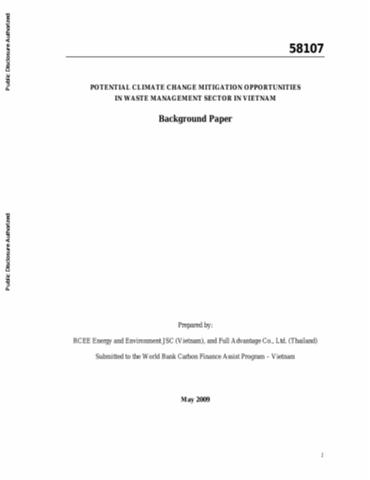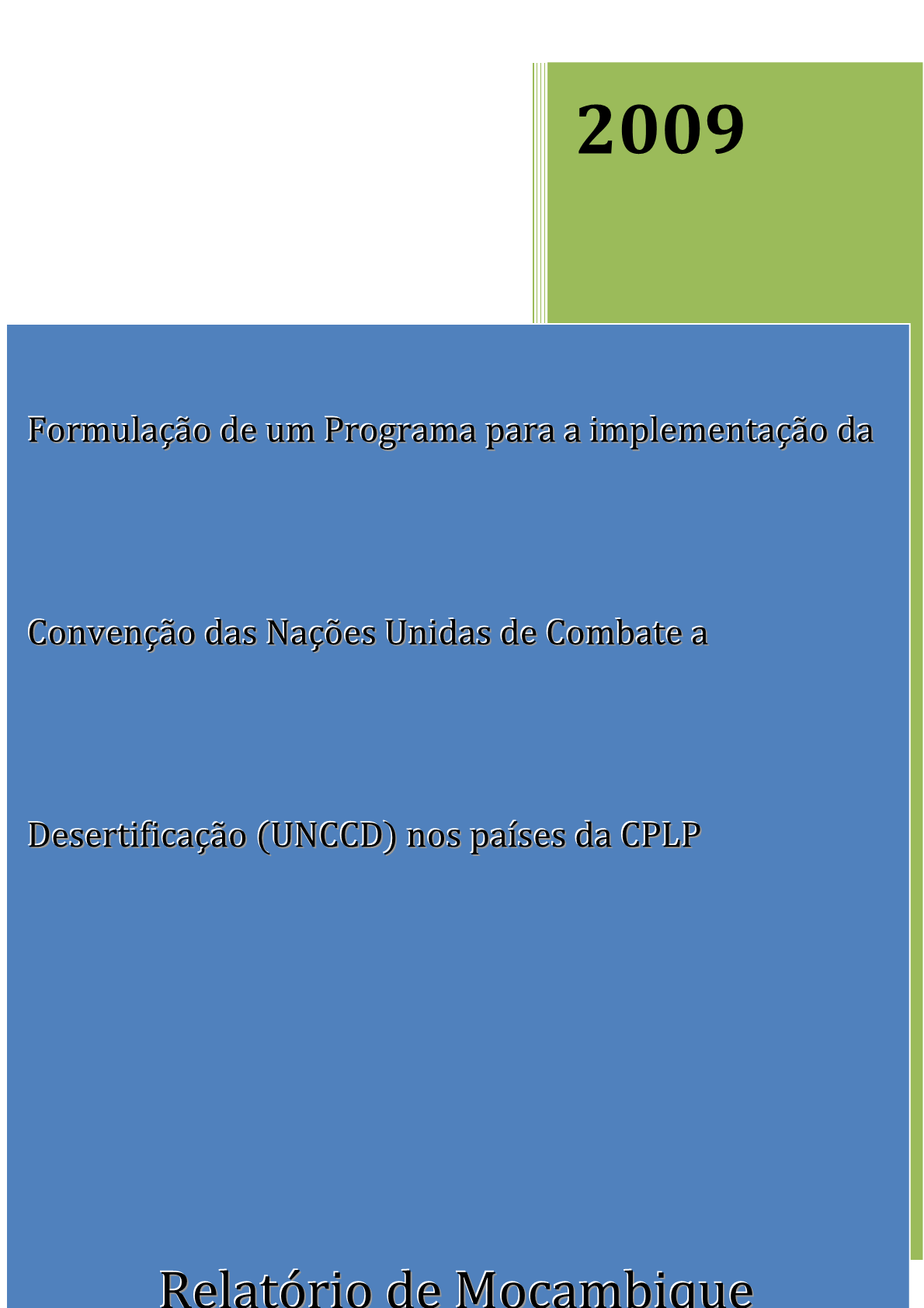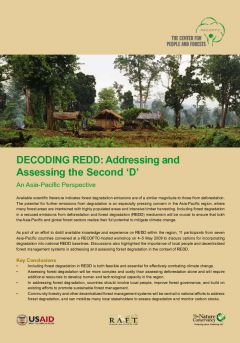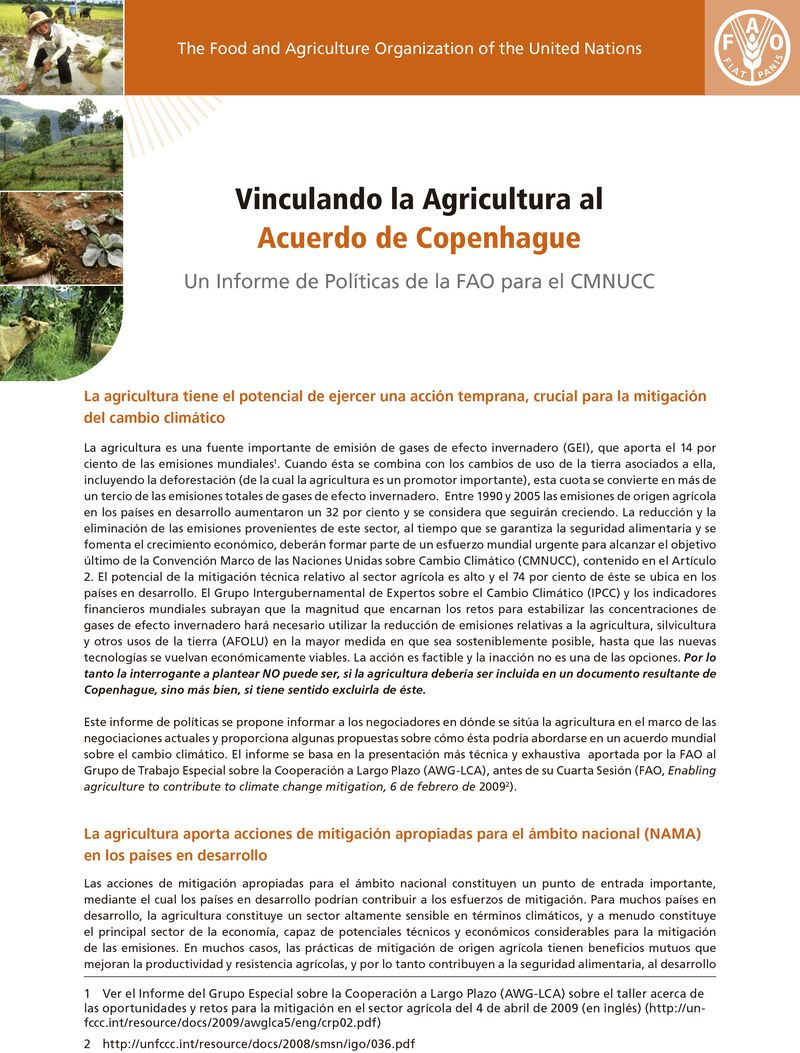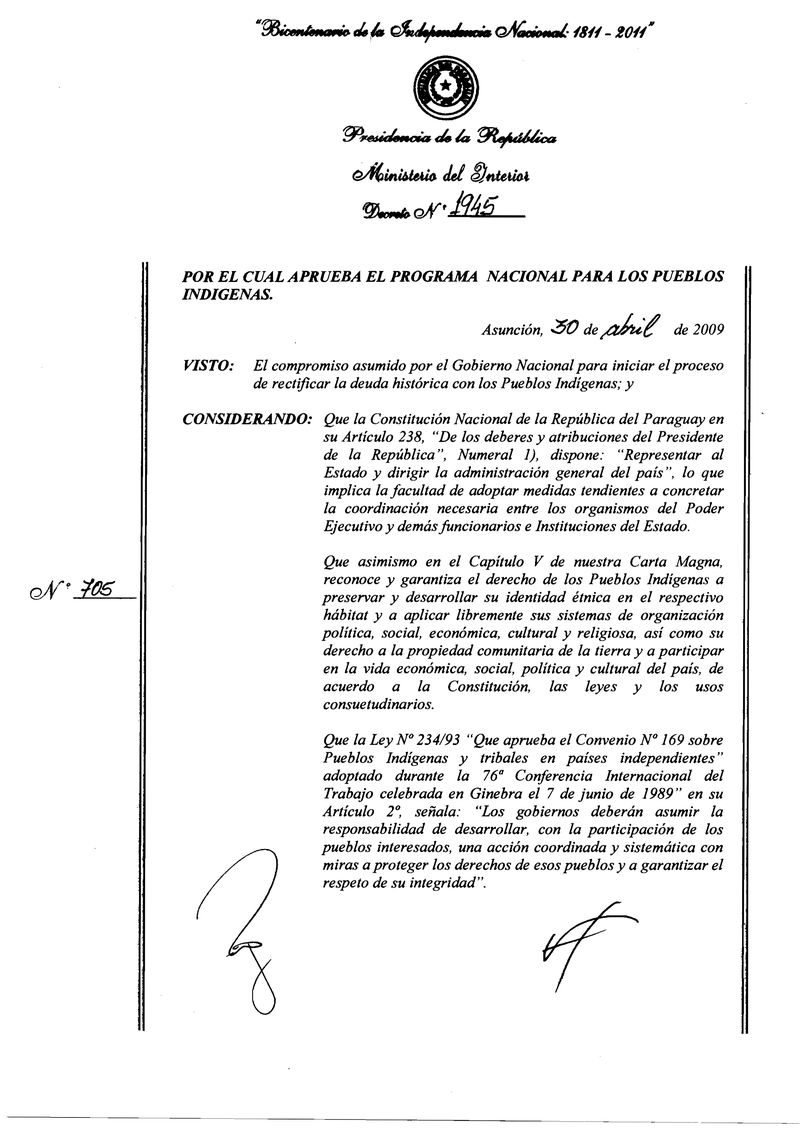La experiencia de Uruguay en gestión de riesgos y seguros agropecuarios
Este documento es una visión resumida, pero práctica, de las iniciativas uruguayas en materia de Seguros Agropecuarios relativas a políticas, reglamentos, normas y proyectos que han tenido relevancia en este país que pueden ser compartidos y promovidos en otros países.


